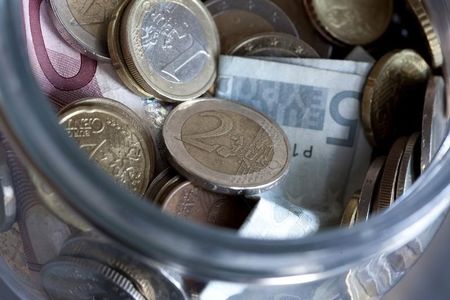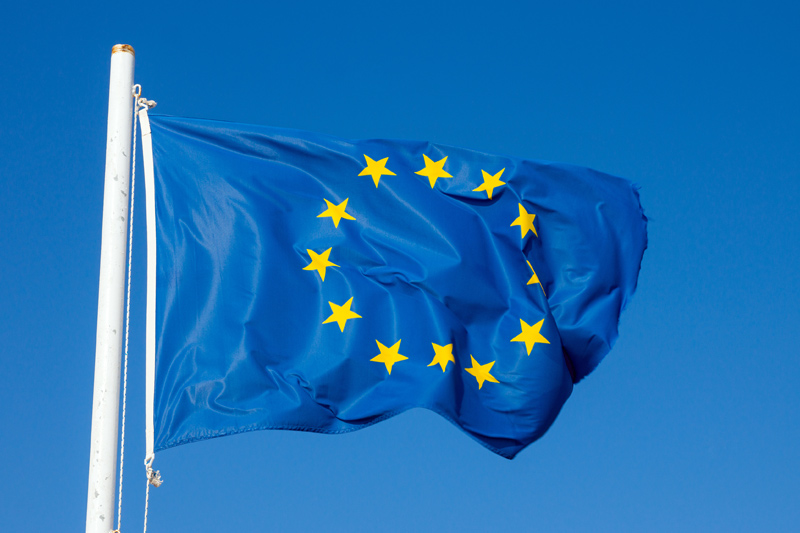BERLIN (Reuters) - Unused funds in the euro zone's rescue mechanism could be used to boost investment across the continent and help it recover from the worst financial crisis in a generation, according to a German newspaper report on Saturday.
Sueddeutsche Zeitung said experts advising incoming Commission President Jean-Claude Juncker want the money that the European Stability Mechanism (ESM) did not currently need for financial assistance to be set aside for investments.
Juncker aims to present a 300 billion euro (236.21 billion pounds) investment plan in November without creating new debt to help Europe recover from recession, get people back into jobs and boost growth.
With Europe's economy struggling to recover from recession and joblessness, European Union member states have tasked the European Commission and the European Investment Bank (EIB) to propose projects that will create growth.
Under the plan, some 80 billion euros paid-in-capital in the ESM could be put into an investment fund under the administration of the EIB. The EIB, which has been called upon to do more to help European growth, could then use those funds for its infrastructure projects, the paper said.
The ESM and a spokesperson for new Commission President Jean-Claude Juncker declined comment but the newspaper reported Juncker was open to the idea.
As the ESM was set up to provide struggling euro zone member states with financial programmes, its mandate would need to be changed for the plan to work and would require member state support.
"The ESM has a clearly set mandate, a function as a rescue mechanism," a spokeswoman for the German finance ministry said in response to the report. "Changes to the Treaty, which we reject, would need to be ratified by all ESM countries."
The topic of how to boost investment is being hotly debated. Among proposals are an Italian paper on new financing tools for companies, a Franco-German proposal on how to boost private investment and a Polish proposal to create a joint fund worth 700 billion euros.

German Chancellor Angela Merkel said in her weekly video message that "private capital, which is available, should really be used" to achieve growth, addressing for instance digital networks and roads.
(Reporting by Annika Breidthardt, additional reporting by Robin Emmott in Brussels; Editing by Elaine Hardcastle)
